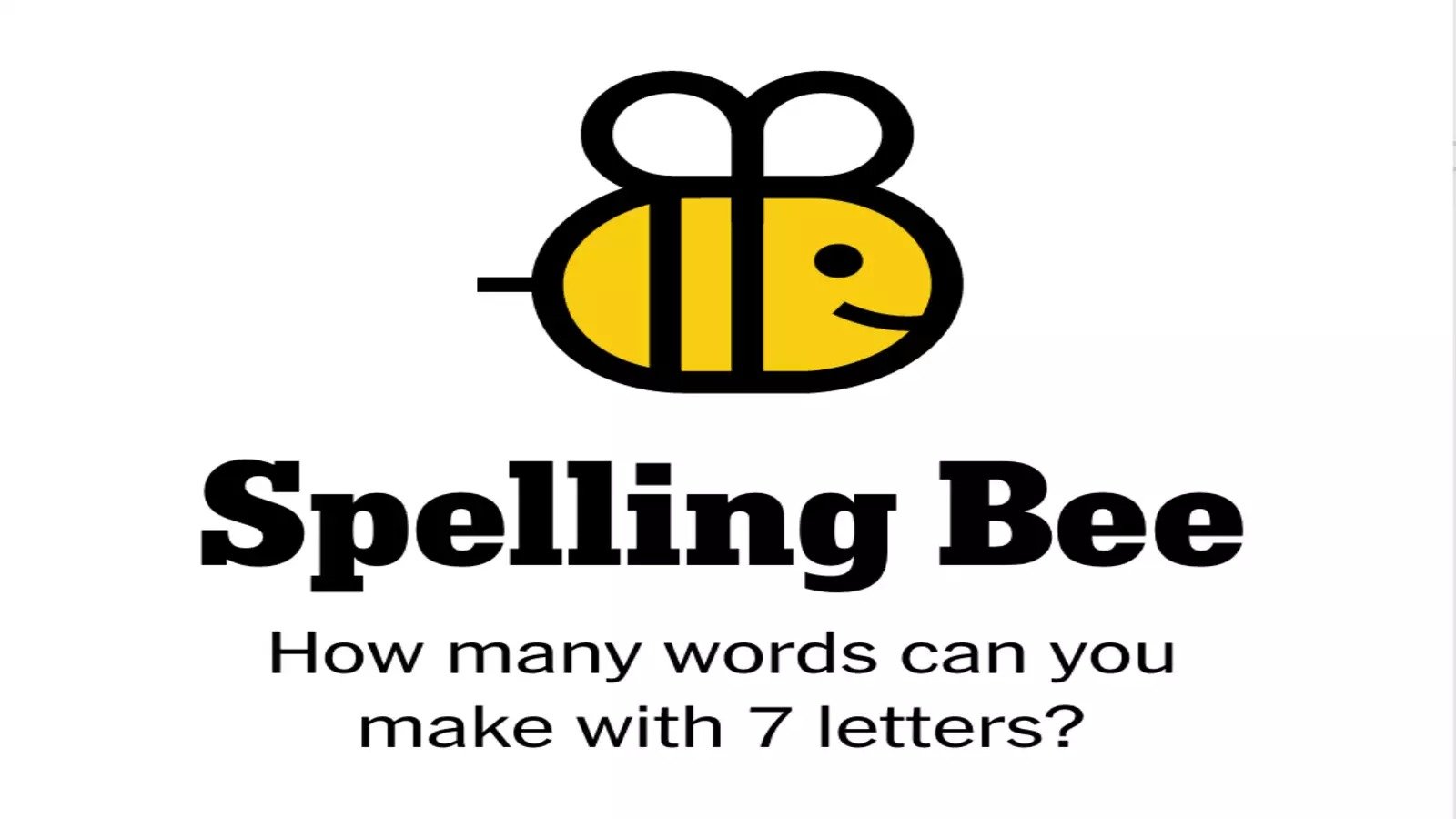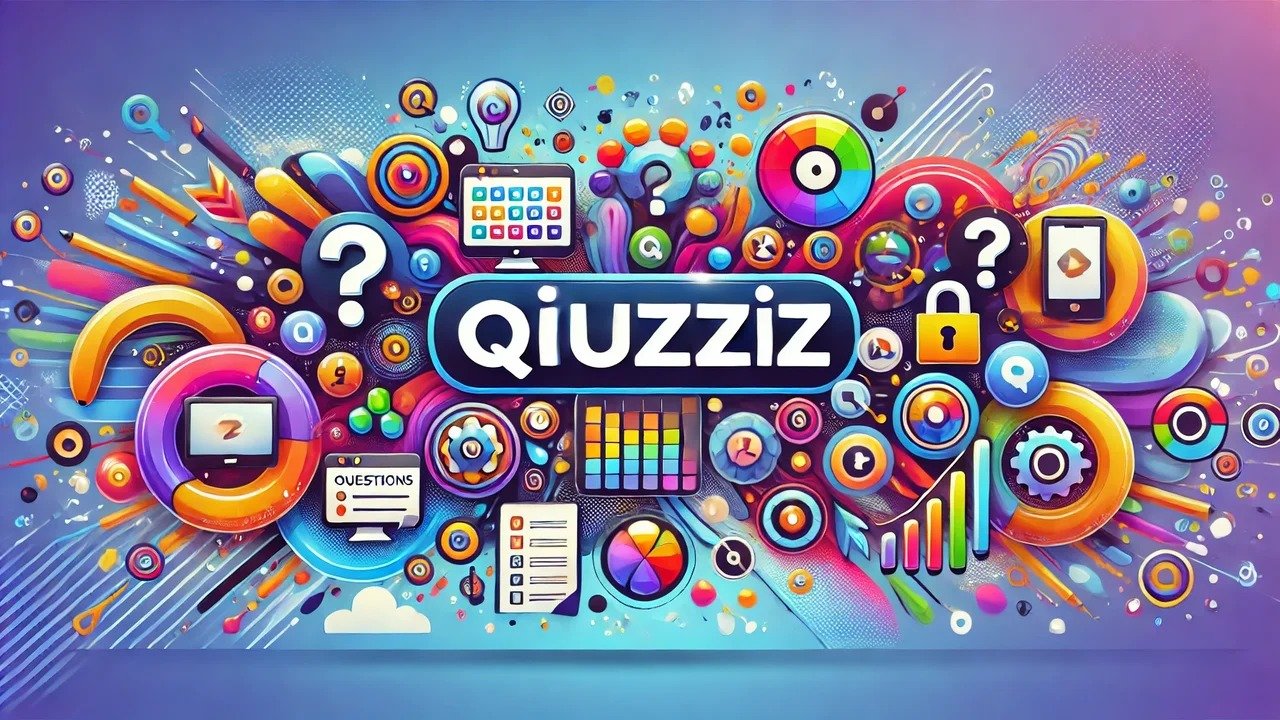Introduction to Spelling Bees
spelling bee answers have a longstanding tradition in educational contexts, originating in the early 19th century. These competitions are designed to challenge participants, primarily students, in their proficiency with English spelling. They have gained prominence as a means of promoting literacy, enhancing vocabulary skills, and fostering a sense of achievement among young learners. The significance of spelling bee answers extends beyond mere competition; they serve as a vital platform for language development, encouraging students to engage deeply with the intricacies of the English language.
As participants prepare for these events, they develop critical thinking and study habits, which are essential skills both academically and in daily life. Many educational institutions have embraced spelling bees, incorporating them into the curriculum as a motivational tool that sparks enthusiasm for learning. This competitive format not only nurtures spelling abilities but also promotes public speaking and confidence, as contestants often find themselves in front of an audience.
Over the years, spelling bees have evolved, with various levels of competition ranging from local school contests to national and international events. The Scripps National Spelling Bee, established in 1925, remains one of the most renowned competitions, attracting thousands of young spellers each year. Such contests celebrate linguistic talents and remind us of the importance of mastering spelling bee answers.
Participants in these events are often tasked with memorizing an extensive list of words, which helps them broaden their vocabulary and improve their overall language skills. As they navigate through complex words, spellers learn valuable strategies for decoding unfamiliar terms, enhancing their linguistic problem-solving abilities. The outcome of these competitions not only reflects a student’s spelling aptitude but also fosters a lifelong appreciation for the beauty and richness of language.
Understanding the Format of Spelling Bees
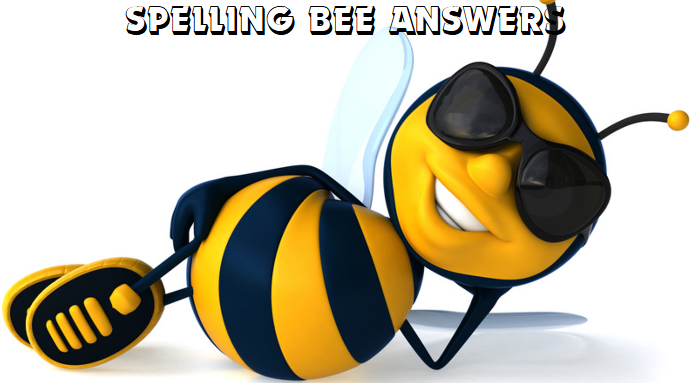
Spelling bees are structured competitions designed to test participants on their spelling abilities, typically involving a series of rounds with increasing difficulty. Each competition follows a common format, beginning with the selection of words that contenders will spell. These words are often categorized by difficulty and may include scientific terms, proper nouns, and words from various languages, making the preparation for spelling bee answers essential.
The rules of the competition generally dictate that participants must spell the chosen word aloud, while adhering to specific guidelines. Contestants usually have a limited amount of time to ask for clarity on the word’s definition, language of origin, or pronunciation. This information can be crucial, as understanding the context of a word may guide a participant’s spelling decisions. Each contestant takes turns spelling one word; if they spell it correctly, they advance to the next round. Conversely, a misspelled word can result in elimination, although many competitions allow for a backup practice of “the last word standing,” which may include a final round for those who have competitors misspell.
The format progresses through multiple rounds, with the words becoming increasingly challenging. In larger competitions, preliminary rounds may be conducted in groups, whereas finals typically involve head-to-head competition. Each stage is designed not only to challenge the spellers but also to build excitement for the audience, emphasizing the importance of clear communication and composure under pressure. Understanding these aspects of the spelling bee format can substantially enhance one’s strategy during preparation, ensuring that aspiring participants are well-equipped to tackle the challenges of spelling bee answers.
Common Challenges in Spelling Bee Competitions
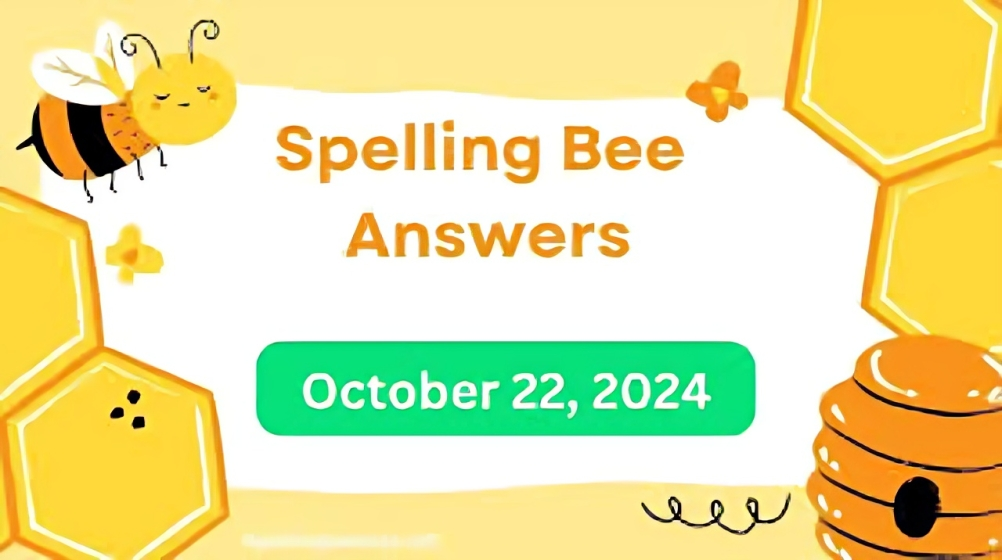
Spelling bee competitions present unique challenges that can significantly impact participants’ performances. One of the most prevalent issues competitors face is nervousness. The pressure of competing in front of an audience and the anticipation of being eliminated can create anxiety, affecting concentration and recall ability. Participants may find it difficult to focus on the task at hand, leading to mistakes in their spelling. Managing this anxiety is crucial, and strategies such as deep breathing, visualization, and positive self-talk can help bolster confidence when approaching spelling bee answers.
Moreover, contestants frequently encounter unfamiliar words that can stump even the most experienced spellers. The English language is rich with complex terms, many of which may not be encountered until the competition. This unpredictability can disrupt a speller’s confidence not just in known words but also in their overall performance. To mitigate this challenge, participants should engage in extensive reading and study of various lexicons, including medical, scientific, and archaic dictionaries. Familiarizing oneself with a wide range of words enables spellers to adapt quickly during competitions.
Time constraints also pose a significant challenge in spelling bee events. The pressure to spell a word correctly within a limited timeframe can lead to hasty decisions, which may result in errors. Contestants must practice spelling under timed conditions to develop a sense of urgency while maintaining accuracy. Establishing a balance between speed and correctness is vital for success in these competitions. Structured practice sessions that mimic actual competition settings can aid in enhancing both confidence and proficiency, potentially leading to better spelling bee answers when it counts the most.
Strategies for Improving Spelling Skills
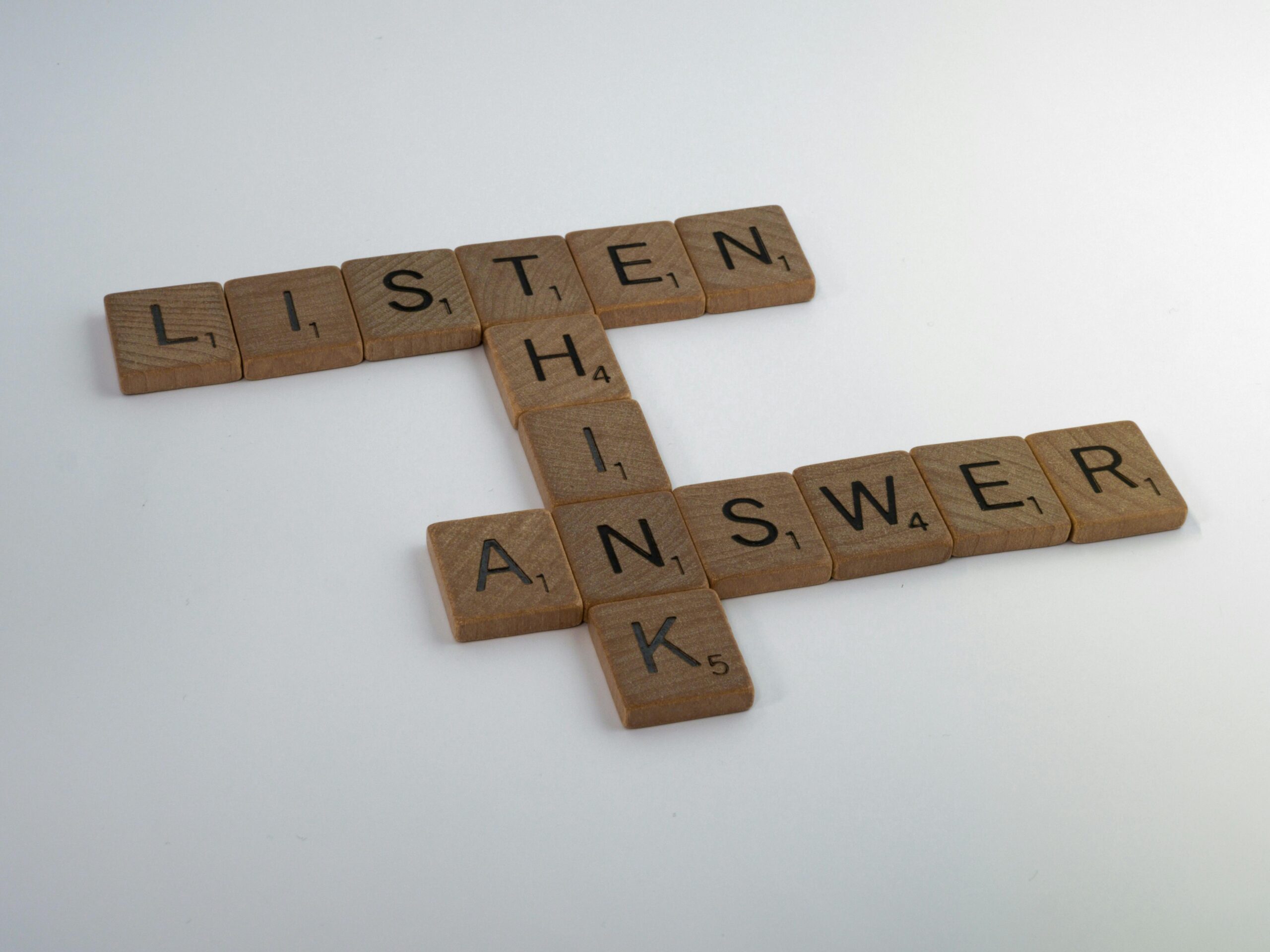
Improving spelling skills is essential for anyone preparing for spelling bee competitions. Employing effective techniques can greatly enhance a competitor’s knowledge and accuracy in providing spelling bee answers. One of the most effective strategies is establishing a daily practice routine. Consistency is key; setting aside a specific time each day dedicated to spelling practice can help reinforce learning and improve retention of words. This routine should ideally include both writing and verbal spelling exercises, ensuring a well-rounded approach.
Another useful technique for enhancing spelling skills is the use of flashcards. Creating flashcards for commonly misspelled words or complex vocabulary can be particularly beneficial. Competitors can write the word on one side and its definition, along with a sentence example, on the other. Reviewing these flashcards regularly aids in memory recall and helps recognize patterns in spelling, ultimately leading to better performance in spelling bee answers.
Engaging with word games also serves as an entertaining yet informative method to improve spelling. Games such as Scrabble, Boggle, or even online spelling quizzes can offer both fun and educational benefits. These games encourage players to think critically about word formation, thereby building their vocabulary in a relaxed environment.
Lastly, incorporating online resources can provide an additional layer of support. Numerous websites and applications offer spelling exercises, quizzes, and comprehensive word lists that competitors can utilize. Additionally, many platforms also provide pronunciation guides, which help in understanding how to articulate words correctly, further solidifying spelling knowledge. By integrating these strategies, competitors can significantly enhance their ability to generate accurate and effective spelling bee answers.
How to Prepare for Spelling Bee Competitions
![The Advanced Spelling Bee Guide: All You Need to Know! [Updated 2021]](https://blog.spellquiz.com/wp-content/uploads/2019/02/9.jpg)
Preparing for a spelling bee competition requires a strategic and organized approach to ensure that participants are equipped with the necessary skills to excel. First and foremost, setting a study schedule is essential. This schedule should allocate specific times each day for spelling practice, ideally broken down into manageable chunks to avoid burnout. Consistent, focused practice fosters familiarity with complex words, making the challenge of spelling bee answers less daunting.
Next, it is important to research and compile a list of potential word sources. Many spelling bees use standardized lists, which can be found online or through their respective organizing bodies. Familiarizing oneself with these resources will provide insight into the types of words that are commonly featured, including their origins and meanings. Equally important is to incorporate practice with words that are not on the list, as this broadens vocabulary and enhances adaptability during the competition.
Mock competitions are another effective preparation tool. Organizing practice sessions that simulate actual spelling bee conditions can help participants become comfortable with the pressure of the event. During these simulations, spelling bee answers can be practiced aloud in front of peers or family, which serves to build confidence and reduce anxiety. Incorporating a timer can also replicate the time constraints of a real competition.
Finally, obtaining feedback from teachers or peers is crucial for improvement. Constructive criticism can pinpoint strengths and areas that require further attention. This guidance can greatly enhance a participant’s ability to ready themselves for unexpected challenges in the competition. By following these strategies, individuals can effectively prepare for spelling bees, fostering both knowledge and confidence as they approach the event.
Using Vocabulary Roots and Patterns
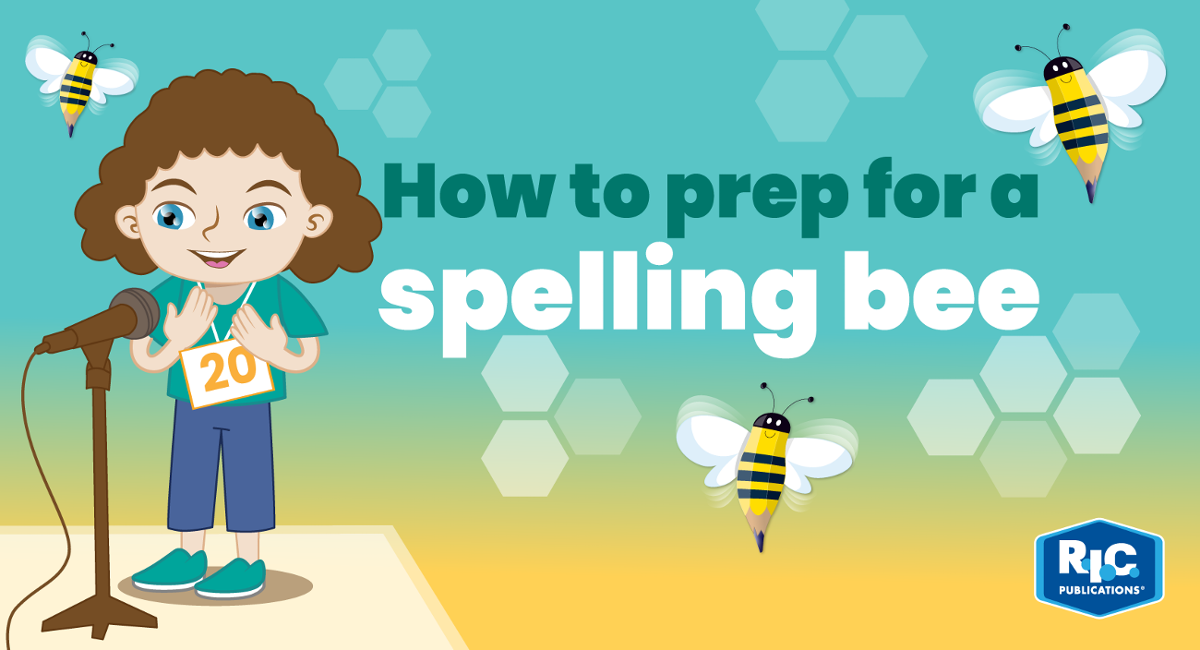
One of the most effective strategies for mastering spelling bee answers lies in the understanding of vocabulary roots and patterns, particularly those derived from Greek and Latin. These linguistic roots form the foundation of many English words, providing clues to their meanings and spellings. For instance, recognizing that the root “phon” relates to sound can help a speller identify and spell related words such as “phone” and “symphony.” This foundational knowledge empowers spellers to tackle unfamiliar terms with greater confidence, breaking them down into their constituent parts.
Additionally, certain spelling patterns are prevalent in the English language. For example, the “silent e” rule—which indicates that a final ‘e’ can influence the preceding vowel’s pronunciation—can be observed in words like “hope” and “made.” Familiarity with common phonetic patterns, such as double consonants or the use of prefixes and suffixes, further equips participants to decipher and spell difficult words more accurately. By studying these patterns, spellers can create mental frameworks that simplify the spelling of complex words encountered in competitions.
Moreover, the ability to identify Latin prefixes like “un-” (not) and “re-” (again) or Greek affixes such as “anti-” (against) and “bio-” (life) allows spellers to approach new vocabulary with a strategic mindset. When faced with a challenging spelling bee answer, a competitor can dissect the word into its component parts, aiding both in understanding and retention. Thus, the practice of utilizing vocabulary roots and recognizing common spelling patterns not only enhances a speller’s ability to remember difficult words but also significantly increases their chances of success in spelling competitions. Developing these skills will ultimately play a critical role in achieving mastery in spelling bees.
Resources for Finding Spelling Bee Answers
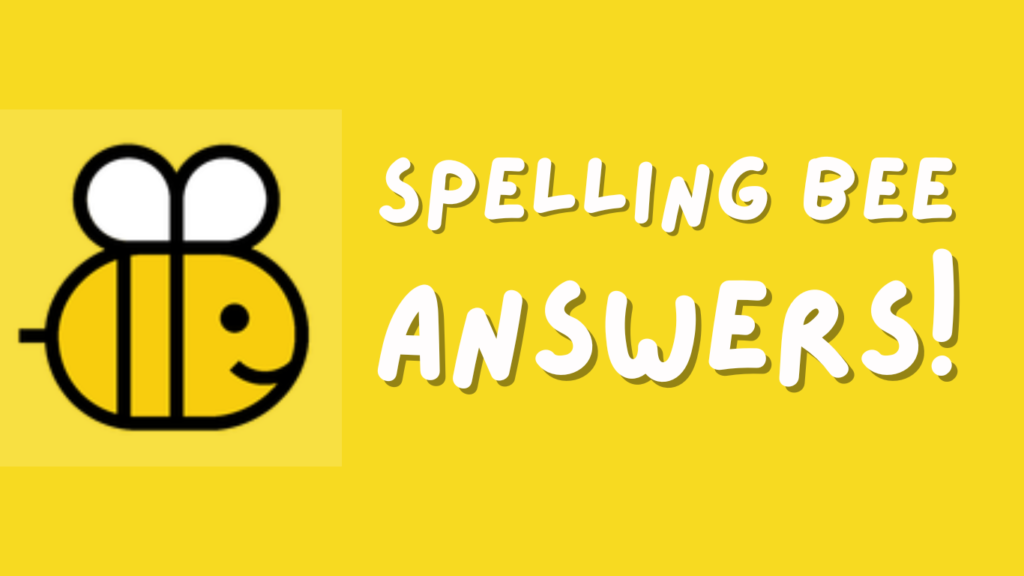
In preparation for spelling bees, participants can benefit significantly from a range of resources that cater to diverse learning styles. Both online platforms and traditional materials provide valuable assistance in mastering spelling skills, enriching the preparation process for spelling bee answers.
Online resources are particularly popular and effective, offering an array of websites specifically tailored to spelling practice. Websites such as Spelling City and Scripps National Spelling Bee offer ample practice words and interactive quizzes that can help participants familiarize themselves with challenging words typically encountered in competitions. Additionally, educational platforms like Khan Academy include resources dedicated to linguistic skills, which can be beneficial for spelling refinement.
Books also play a crucial role in compiling a comprehensive list of spelling bee words. Popular titles such as “Spell It!” from the Scripps National Spelling Bee resource library provide extensive word lists along with definitions that help participants understand word origins and usage. Furthermore, dictionaries and thesauruses should not be overlooked, as these traditional resources offer definitions and context that can enhance overall vocabulary.
Social media can also serve as a rich source for finding spelling bee answers. Various groups on platforms like Facebook or Reddit are dedicated to spelling bees, where members share tips, experiences, and practice resources. Engaging with community members can provide encouragement and insight, making practice sessions more effective and enjoyable.
Utilizing a combination of these resources, participants can ensure they are well-prepared for any spelling challenge they might face, significantly boosting their chances of success in spelling bees.
The Role of Coaches and Mentors

In the journey of mastering spelling bee answers, the involvement of coaches and mentors can significantly enhance a participant’s potential for success. Coaches provide a structured learning environment, equipping contestants with essential strategies that streamline their preparation process. Through tailored lesson plans and focused exercises, a qualified coach ensures that participants not only learn the required vocabulary but also understand the nuances of word pronunciations, meanings, and origins.
Mentors, on the other hand, often bring their own competitive experiences to the table, offering invaluable insights that can make a substantial difference. Their first-hand knowledge of various spelling bee formats, common pitfalls, and winning techniques equips contestants with critical information that aids in effective preparation. Understanding the emotional landscape of competition is another area where mentors can provide guidance, instilling a sense of confidence and reducing anxiety that may arise during events. This confidence is crucial, as a well-prepared contestant is more likely to perform well under stress.
Furthermore, engaging with a coach or mentor fosters a supportive environment where individuals can ask questions and share concerns openly. This dynamic encourages a deeper understanding of spelling bee answers and the strategies associated with both preparation and competition. As candidates practice with these experienced individuals, they receive constructive feedback that aids in refining their spelling techniques and learning how to pace themselves during competitions.
In essence, the alliance between contestants and their coaches or mentors serves to enhance the overall learning efficiency and confidence levels. This partnership not only helps participants master spelling bee answers but also equips them with the resilience and strategies needed to excel in competitive settings.
Conclusion and Final Tips for Success
In conclusion, mastering spelling bee answers necessitates a multifaceted approach that combines consistent practice, effective study strategies, and mental resilience. Throughout this blog post, we have explored various techniques and resources that can aid aspiring participants in their journey to becoming proficient spellers. One of the most crucial factors is to develop a solid study routine that includes learning the phonetic roots of words, as well as understanding common prefixes and suffixes. This foundation will not only enhance word recognition but also provide context for unfamiliar spelling bee words.
Moreover, utilizing diverse study materials, such as previous spelling bee word lists, apps, and online resources, can significantly improve your understanding and retention of extensive vocabulary. Engaging with peers in study groups or competitions can also create a supportive environment, fostering motivation and shared learning experiences. Additionally, maintaining a strategy of regular self-assessment helps identify strengths and weaknesses, allowing participants to focus on areas requiring further improvement.
A positive mindset plays a vital role in excelling at spelling bees. It is essential to approach competitions with confidence and a belief in one’s ability to succeed. This mental preparation can alleviate anxiety during the competition and facilitate clearer thought processes when delivering spelling bee answers. Remember that mistakes are not failures but opportunities for growth. Embracing this perspective can transform the spelling bee experience into a constructive and enjoyable endeavor.
Ultimately, the journey towards mastery in spelling bee competitions is an ongoing process that demands dedication, diligence, and the right attitude. By incorporating the outlined strategies and fostering a love for words, aspiring spellers can build the skills necessary to excel in spelling bees and emerge victorious. With consistent effort and unwavering commitment, the challenge of spelling can become a rewarding pursuit that leads to success.








